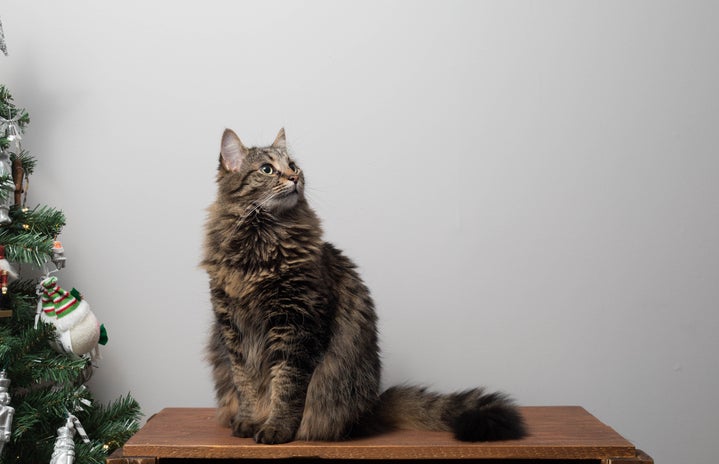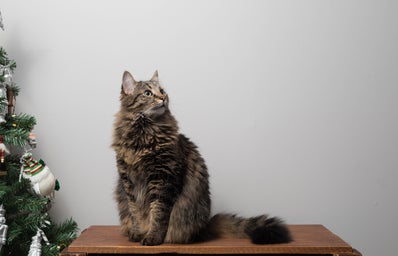Black Cats are a beloved pet by some, but a dangerous superstition to others. Where do these myths stem from? And what is the truth behind these cats?
In the United States and most Western Cultures black cats are often considered unlucky or friends of witches, giving the breed its signature spookiness and association with Halloween. These superstitions can be traced back to Medieval Europe, where many cats, especially black ones, were rumored to be associated with evil. The cat was often compared to the devil, catching rats as opposed to souls. At this time, people began to believe that the devil could manifest itself as a black cat. This also led to the myth that witches could shapeshift into cats. Some say that the independent nature of the cat also led medieval people to fear them. This fear was at odds with people’s need for mousers in their homes, and relationships with cats were sometimes formed despite their bad reputation.

Fortunately for our furry friends, not all cultures think of them in this way, and in some places around the world, black cats are associated with positive superstitions. For example, in Egyptian culture, black cats were seen as good luck, stemming from their belief in the part-black cat, part-women goddess, Bastet. Bastet was worshipped as the goddess of the home, cats and fertility, and said to protect the home from both evil and disease. You may have also heard of the “Meneki Neko” or “Lucky Cat” statue from Japanese culture. These are the cat statues that have one raised paw moving back and forth. Each color is said to represent something different, and the black lucky cat is thought to ward off evil. Some English and Irish sailors also used to adore the black cat and would bring them onto their ship to assure a safe journey.

In shelters across the United States, black cats are the unlucky ones, often struggling to be adopted. Some shelters will even stop adopting black cats in October, for fear of cruelty leading up to Halloween. The stigma that surrounds the breed could be partly to blame for their low adoption rate. However, this is not entirely due to superstitions. It is more likely an effect of their commonality as a cat breed, as black is a dominant trait for fur coloring. Their black coat blends in among cats of different colors and patterns, making them less likely to be noticed by adopters with good intentions. It is important to try not to overlook these lovable animals because they can be a wonderful companion and pet. They are even more special during Halloween, and should be celebrated for their association with the holiday. In addition, August 17th has been named “Black Cat Appreciation Day” in America to promote finding homes for our beloved feline friends. Many shelters will lower adoption fees for black cats on this day, so there is plenty to celebrate. This spooky season is the perfect time to appreciate these animals and all that they have contributed to cultures around the world.




